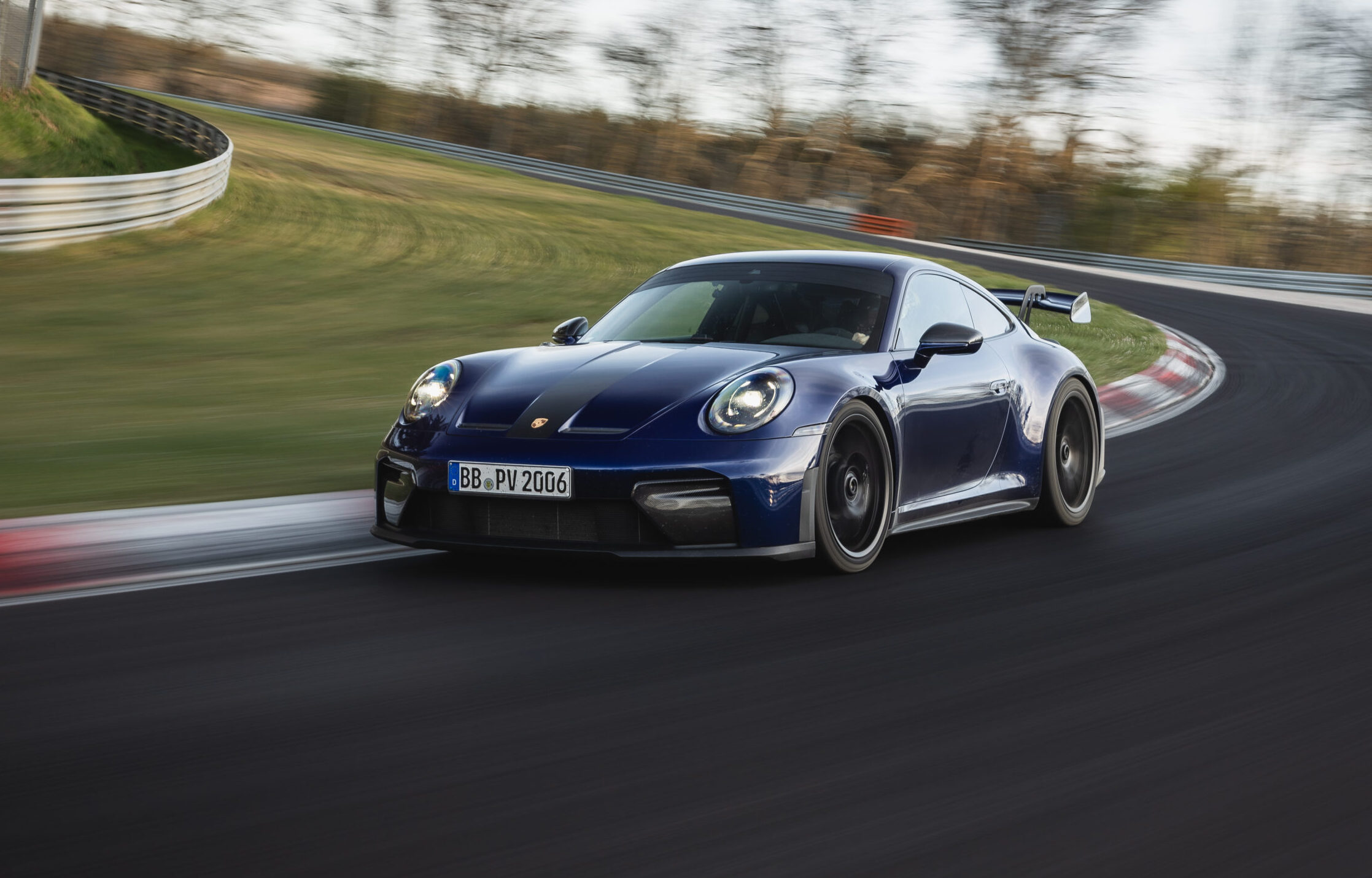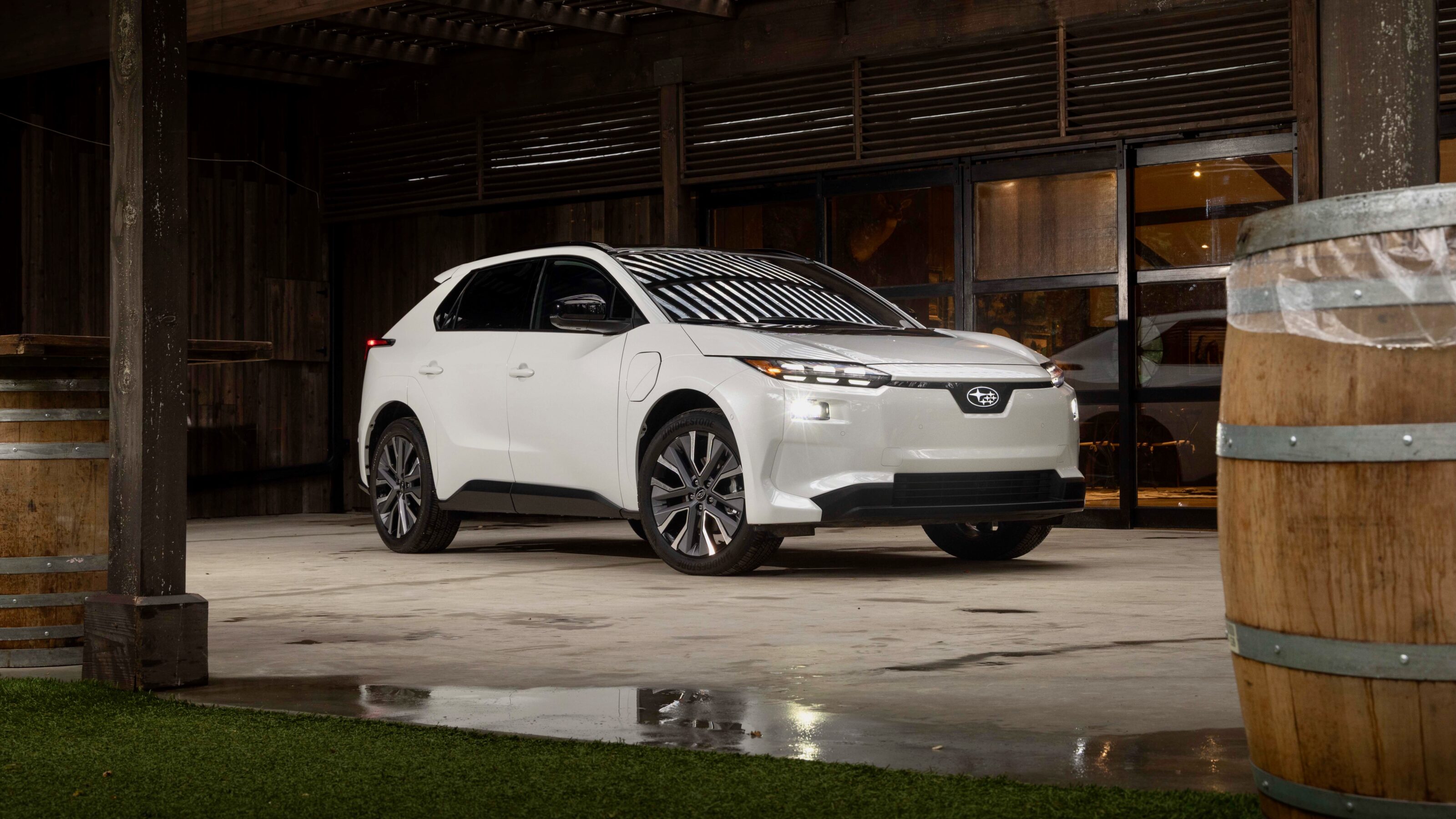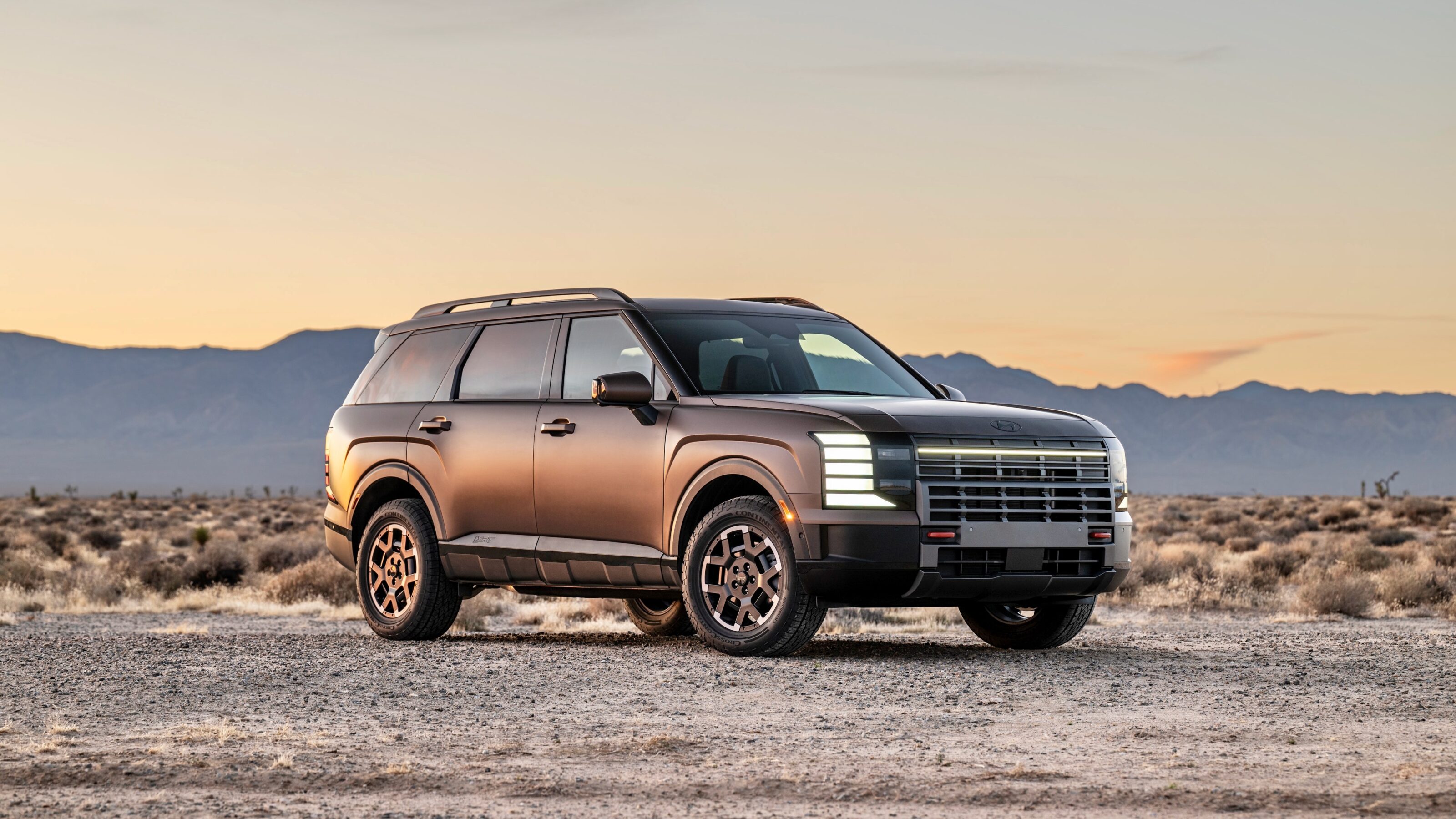
Old-school car guys hate to hear it, but Volvo’s Chief Commercial Officer Bjorn Annwall says that the future of automotive is the software-defined vehicle.
Snapshot
- Volvo moving to software-defined vehicle architecture
- EX90 was u201cborn digitalu201d
- Volvou2019s direct model will drive better customer experience
Speaking to Wheels at a Volvo event in the company’s home town of Gothenburg, Sweden, Anwall says the EX90 seven-seat electric SUV marks a turning point in the company’s history.
“This car was born digital,” he said, referring to the company’s first core computing architecture.
“Brainlifts are going to be more important than facelifts,” he added, referring to the way the company will be able to roll out new features and functionality to Volvo cars over the air – including features that improve the safety and augment the autonomous driver assistance features.

This fits with the way some carmakers are moving towards longer lifecycles for a model, while delivering improvements via software.
“More of the consumer benefit will sit in the software rather than the hardware. And then what’s the monetisation model of that? Our firm view is that we’re not going to skin our customers for a dollar for a small feature,” he said.
“You’re buying a premium car, you should be able to have great functionality and that should be upgraded over time. If there is something we should ask for more through a subscription, it has to be a step-change function better and a meaningful thing.
“For instance, full autonomous driving would be an example. Customers will accept they’ve bought a great Volvo, but it now has this great autonomous driving functionality. Yes I can pay another X bucks for that functionality. We’re not going to charge for small things.”
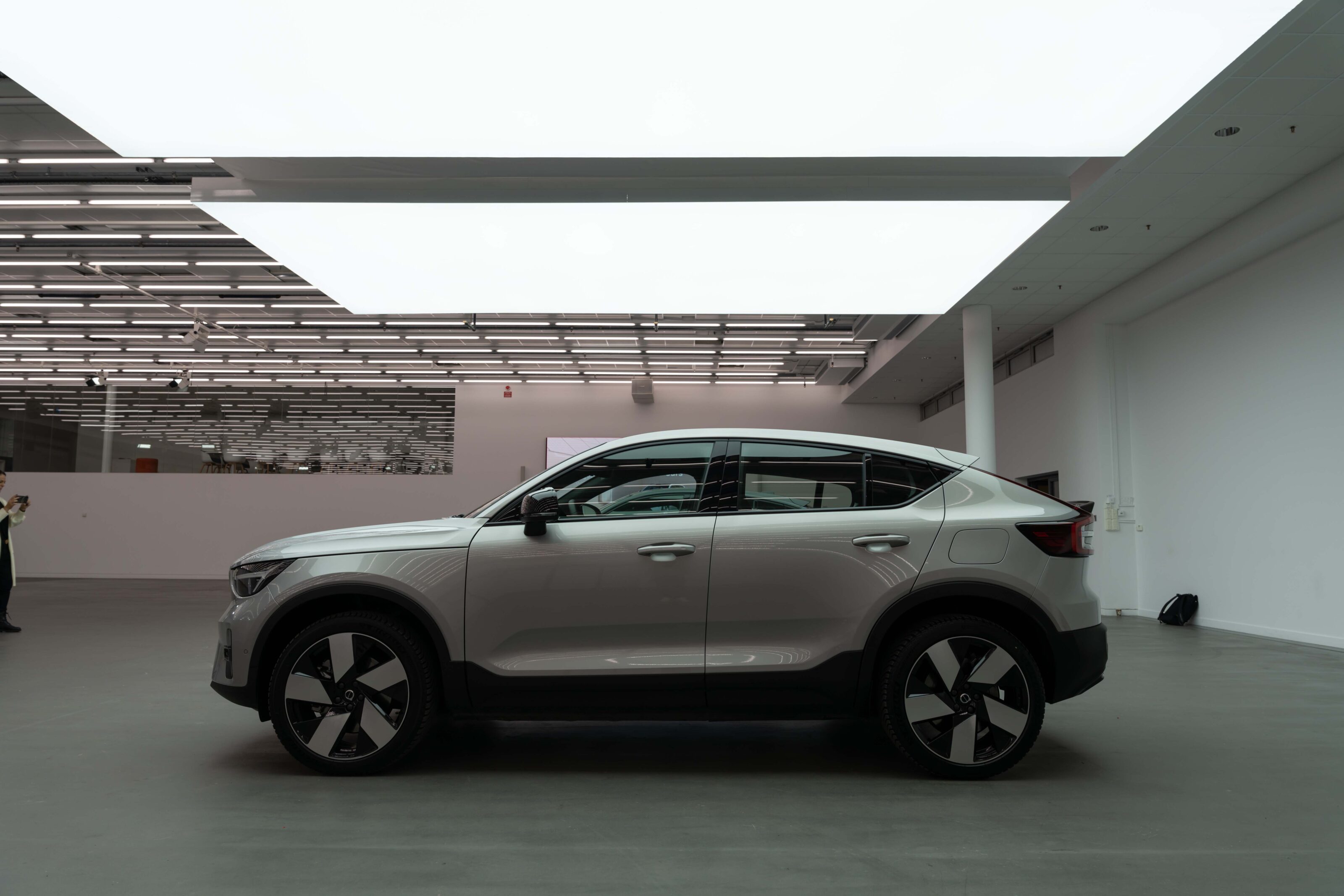
Shifting to a software-defined vehicle model means a big change in the supply chain.
“A car is 90 systems that you buy from Tier 1s and put them all together. And you get 90 black boxes with ECUs, with its own software in it and every time you need to change it you need to change the software. And, by the way, the compatibility between all of these never kind of works,” the CCO added.
“You need to take control, you own the electrical architecture and the core compute architecture and you take over much more of the core compute. We’re still going to need suppliers, but we’re not going to ask them to give us a hardware piece and a software piece, we’re going to ask them for the hardware piece.
“And if we ask them to do a software piece for us, we say here is the API (application program interface, a way of providing access to other systems in a standardised way), here is how it integrates, we see the code, it’s not a black box.”
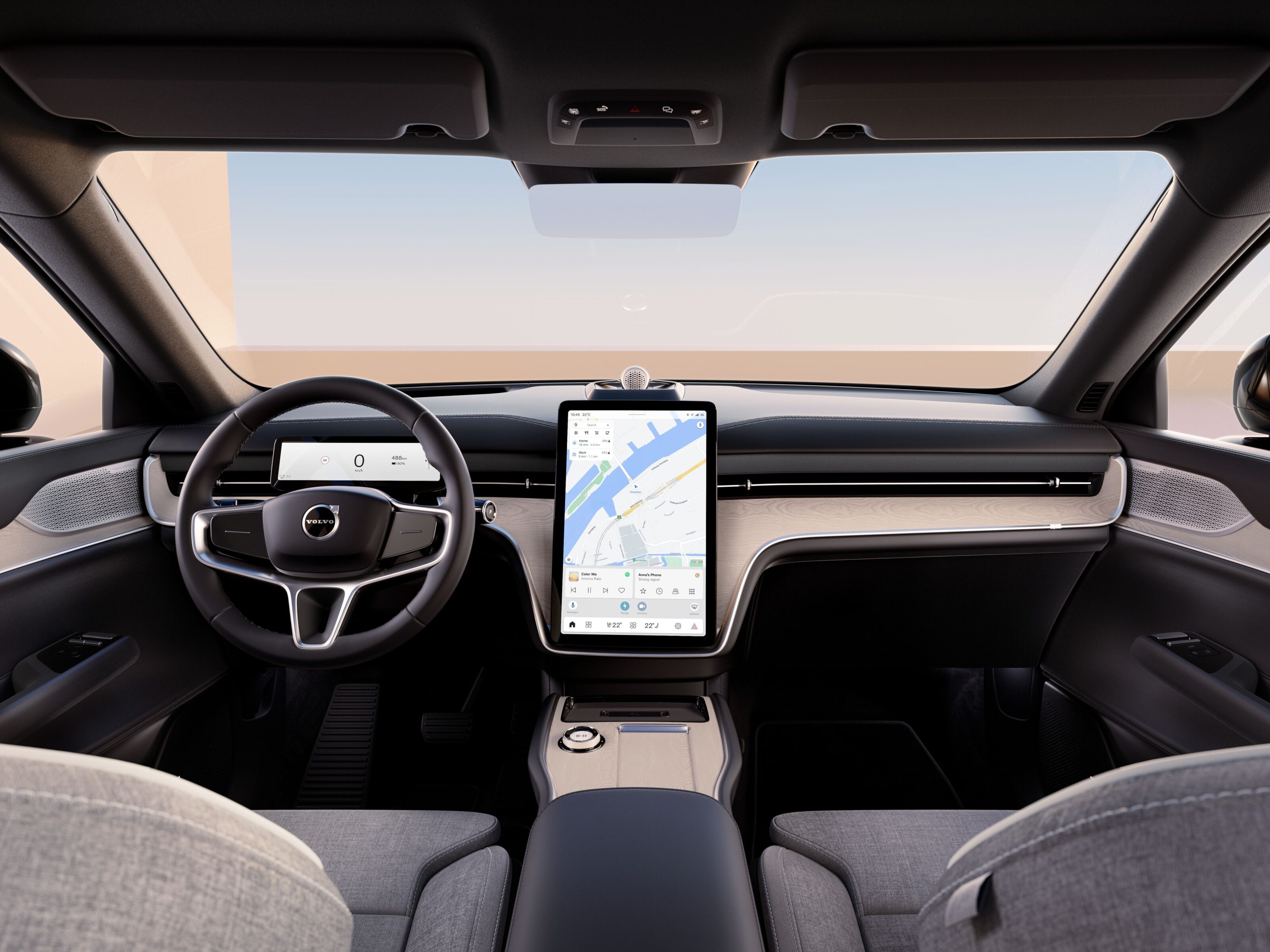
“We can’t take over all of that at the same time, but the most crucial pieces we’re taking over. We’re taking over the AD (autonomous driving), ADAS, the infotainment, a lot of the vehicle behaviour and so forth.”
While Volvo’s future is electric, Annwall doesn’t see a significant role for the carmaker in improving charging infrastructure.
“That’s another of the key things that needs to be in place for the whole world to become fully electric. That’s an area where we spend less time in terms of actually building the infrastructure. In some parts of the world it’s kind of solving itself.
“In the northern part of Europe it’s already there and is coming quickly because the interest from the gas stations and hospitality industry to build it out is there. But in some parts of the world it’s going far too slow,” he said.
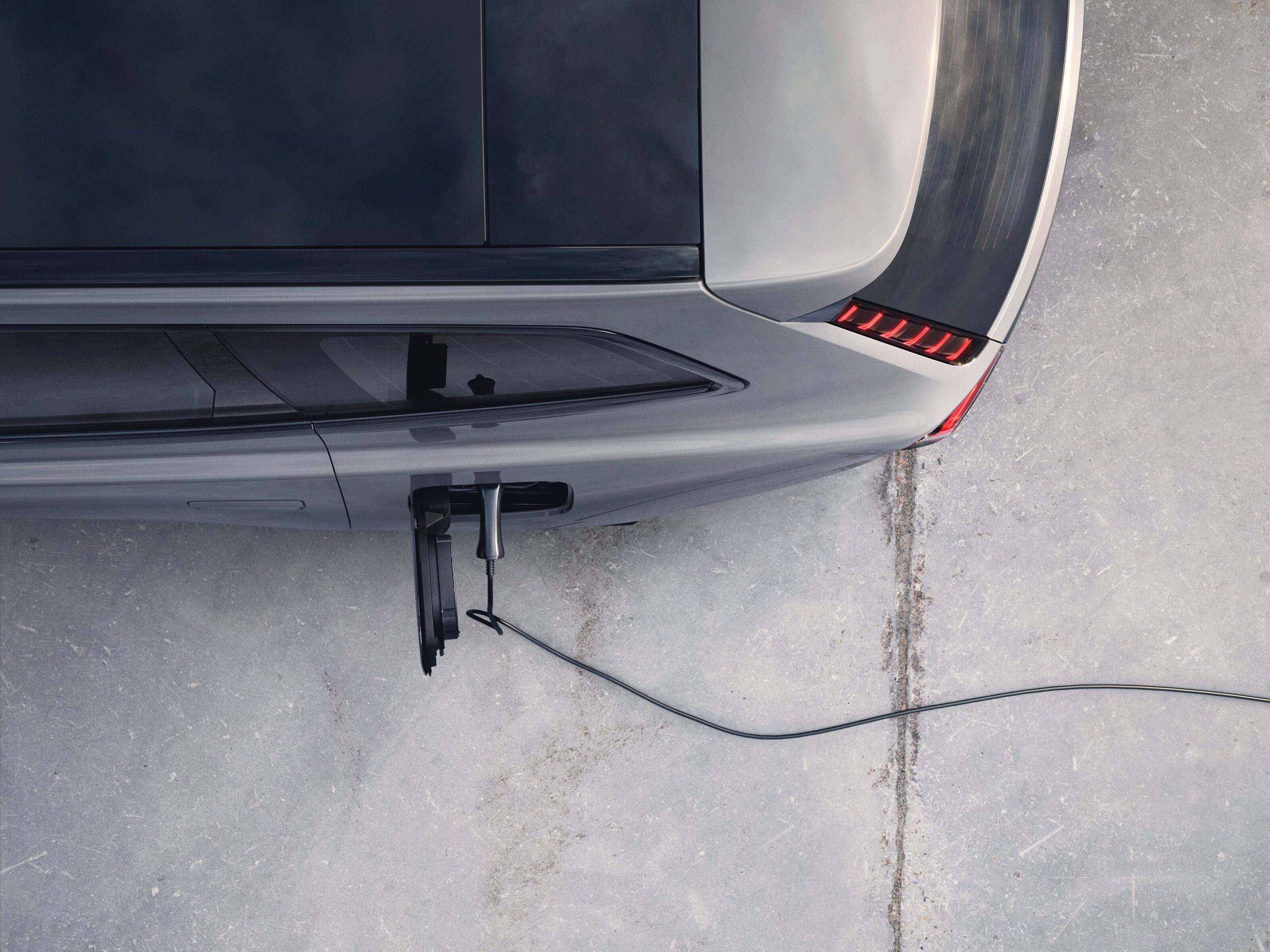
“We are not doing a Tesla Supercharging network. That was a brilliant idea 10 years ago, now we see that’s coming along quite quickly.
What we are putting our money on is making sure that Volvo consumers have access to fast charging in a very simple way, so that you can find it easily with your app or in the car.”
Another part of the company’s digital future is a change in the way the cars are sold. Volvo’s intention is to go direct to the customer in the same way Polestar has, reducing the involvement of dealers and also eliminating price negotiation.
“The reason we’re going direct is not to cheap-change our retail partners, it is to deliver a better consumer experience. We’re rebuilding our go-to-market model where you have volvocars.com as the foundation and then classical omni-channel approach. In order to drive that in a good way, we need to share the consumer data with the retailers in a good way.
“We as Volvo need to take much more responsibility setting the price and owning and drive the inventory flows. It doesn’t make sense to have 2500 inventory points around the globe. We can steer that in a much smarter way.”
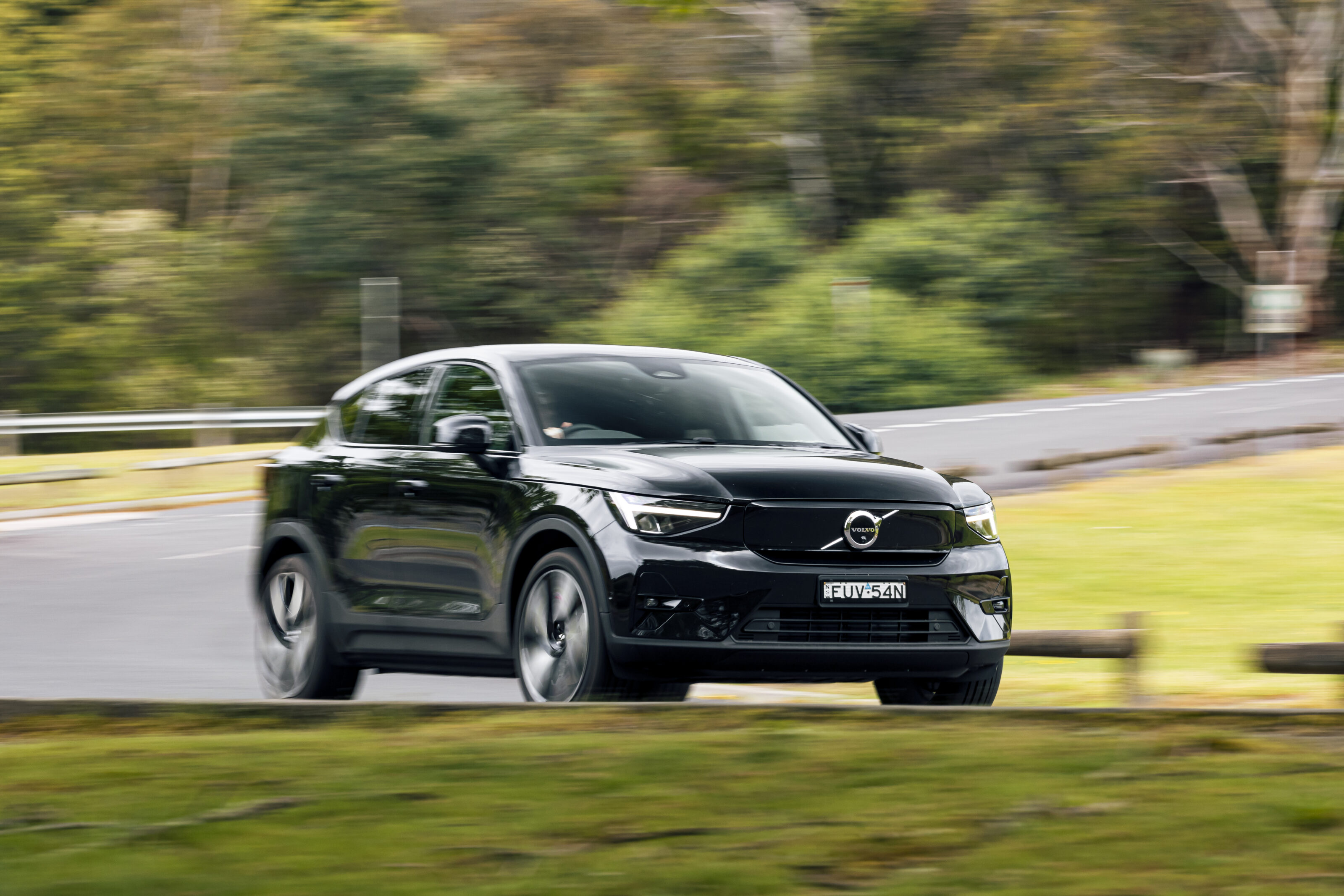
“We’re not doing this for the production or procurement guys, we do this for the consumer’s sake. There’s a lot of administrative hassles in the process today that can take away that just drives cost. We can focus the retailers on what the retailers are really good at and that’s convincing the customer that Volvo is the right car for me, service the cars, help to understand the car.
“They shouldn’t sit and price haggle and work in five different administrative systems to get things done. They shouldn’t have a lot with cars on their balance sheet. Why do we use small dealers as balance sheet carriers? It doesn’t make sense.”
He was quick to point out that retailers are still critical to Volvo’s success because customers want a way to physically interact with the car.
“There is a more efficient model. Bottom line is clear: we need retail partners because the physical presence is still important. In order for retail partners to be there and be great, they have to be profitable. But the business model changes for them as well.
“Most of our retail partners maybe five years ago weren’t too happy about it but I think it’s not we who invented the internet or e-commerce. Now the discussion has gone from, ‘why the hell are you doing this, you’re evil?’ into ‘when can we get this done?’”
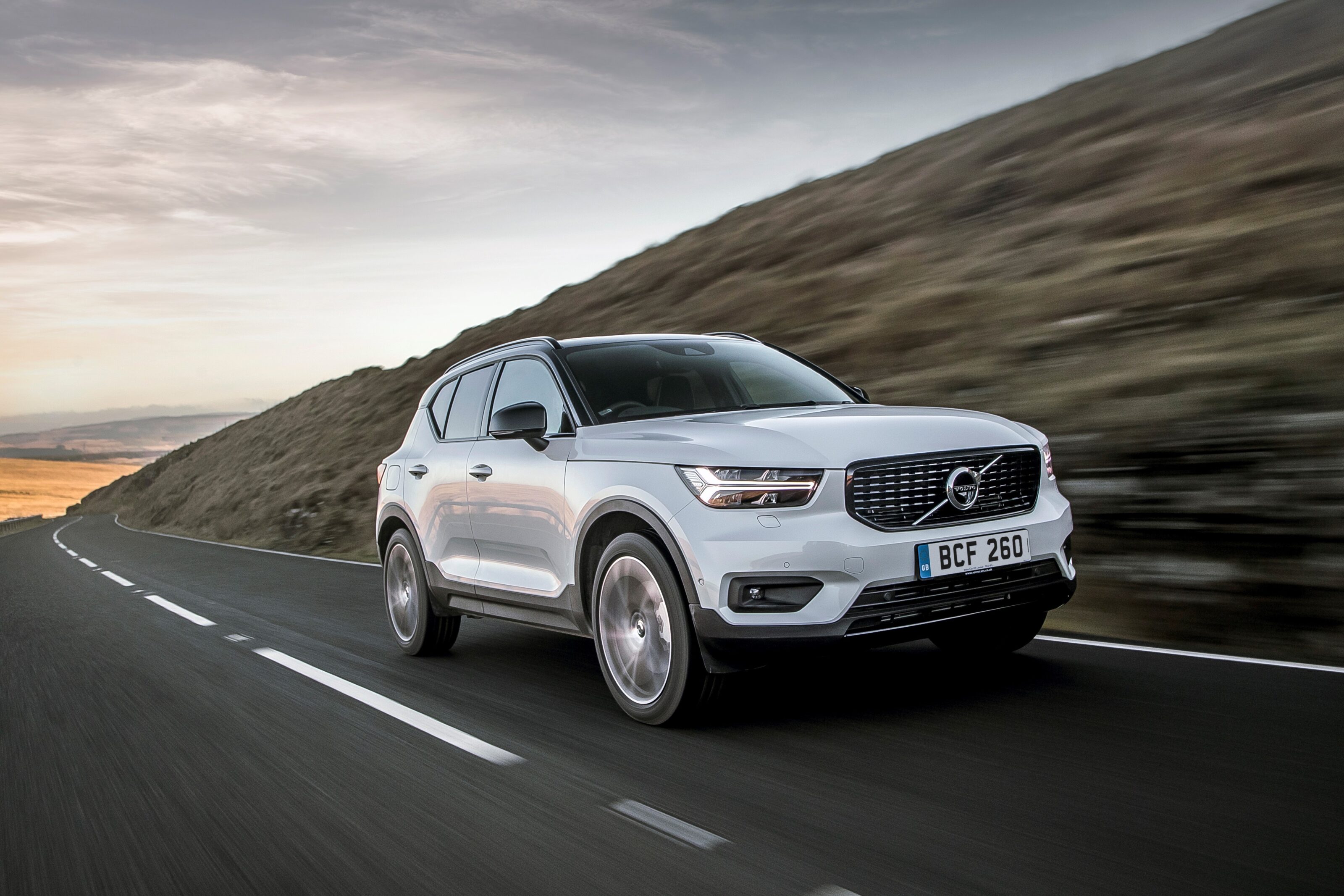
Annwall rejects the idea that a direct strategy is always an agency strategy but rather the agency model is a legal framework to make it happen, as in the UK market. Asked whether dealer profitability comes from reducing the number of people a dealer needs to employ to sell, Annwall suggested that could happen.
“If you take the UK model, what changes for a retailer is that the balance sheet more or less goes away because he or she is not sitting on the cars. Top line goes down a lot because you’re not charging the full car, they’re basically getting a commission for selling the car. You don’t need as many people because you’re not negotiating the price anymore, that’s too big a part of the car purchase today.
“We honestly don’t know if it’s going to be 10 per cent who [buys] a car completely online and 90 per cent who do it exactly the way as in the past or the other way around. It will evolve over time, but you don’t have to be Einstein to conclude that it will be less and less physical part of the consumer journey over time. We need to have a system who want a lot of online, those who want a lot of offline and those who want both.”
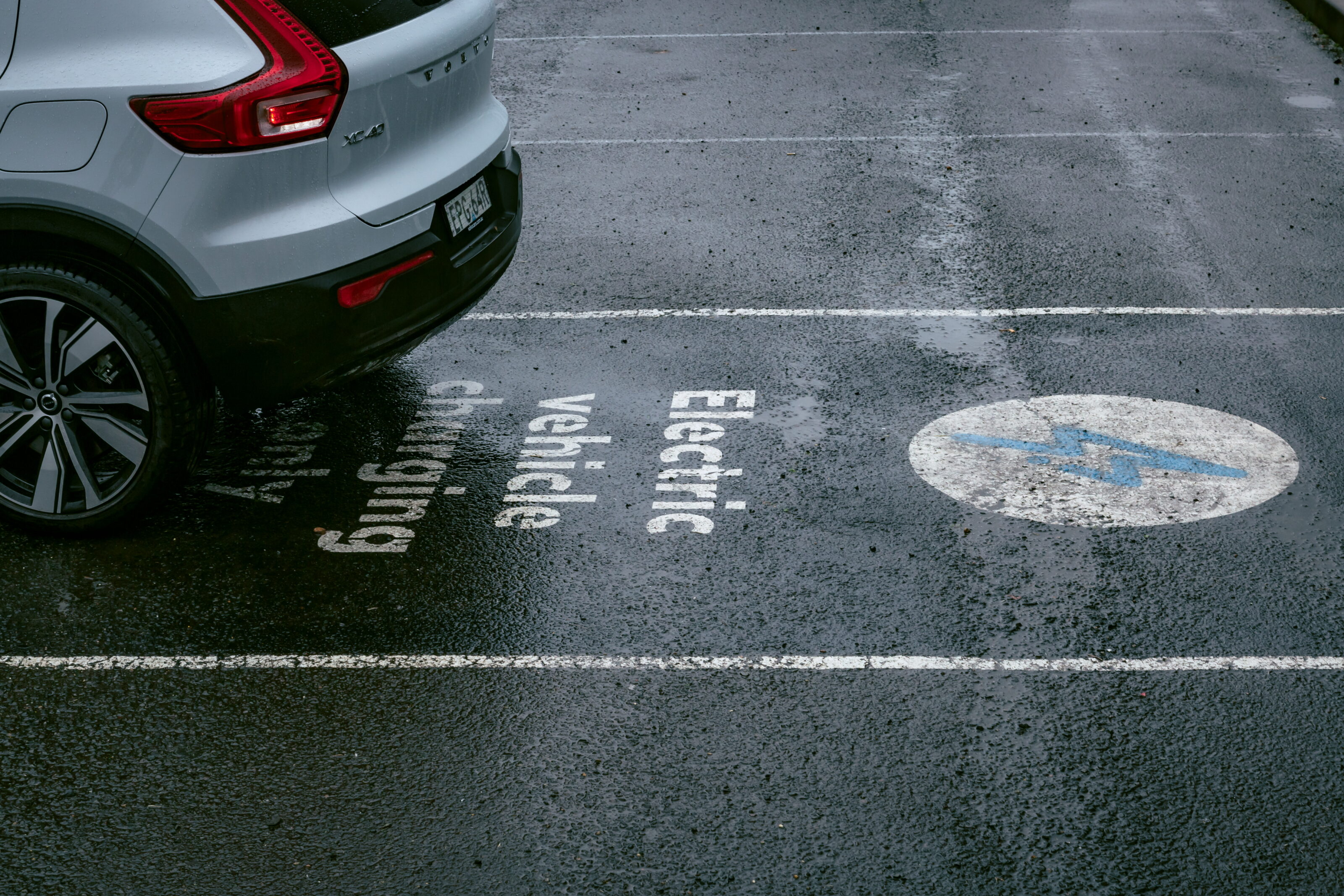
“We honestly don’t know if it’s going to be 10 per cent who [buys] a car completely online and 90 per cent who do it exactly the way as in the past or the other way around.
Finance is a lucrative part of selling cars despite it being so competitive. A direct model will mean Volvo-branded finance will become a more prominent part of the buying process. Annwall says Volvo customers are the kinds of people you would want looking after your house while you’re on holiday, meaning they’re also good finance customers.
“With subscription we take much more of the responsibility for that ourselves. It used to be outsourced to these other companies. We have the best customers, they have the highest credit rating, they take care of things, they’re likeable, reliable people. Exactly the same people you want to sell financial and insurance products to. But today Volvo customers are subsidising Alfa Romeo or BMW customers. We can insource much more of that and by doing that build a closer relationship with our customers. That’s part of our strategy.”
Volvo on Demand has performed well in urban areas in Sweden and is part of the overall direct-to-consumer strategy.
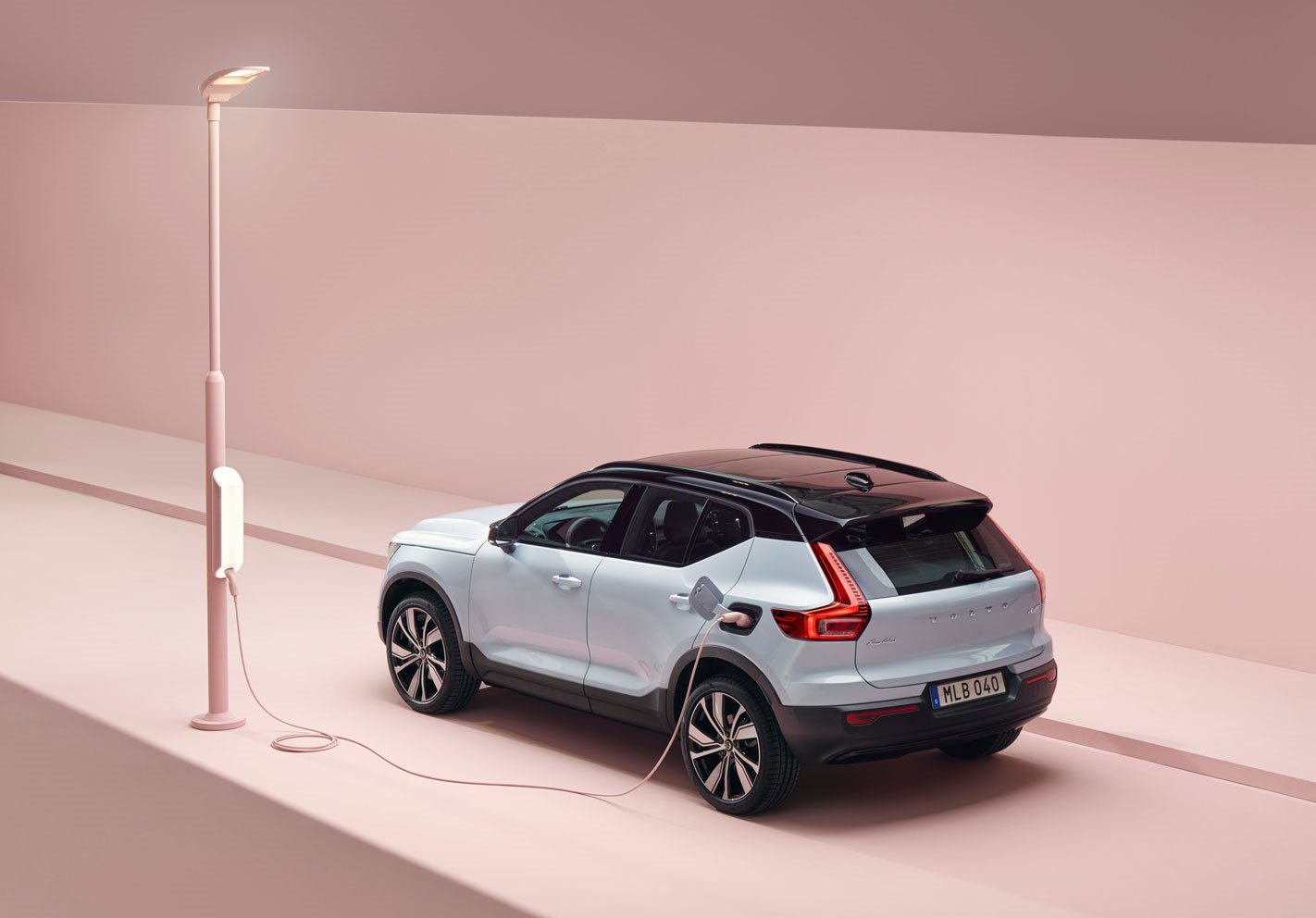
“As we roll out all our digital direct capabilities in the UK and we will continue in other markets, we will add Volvo On Demand as part of that offering. It’s not a different business model, it’s not a different business, it’s part of how you get access to Volvo.
“You can buy it outright, you can get a loan or a lease or flexible subscription. Or you can sign up to Volvo On Demand which means you get access to a car when you need it. It’s not always going to be the same car, but you have the security that you have access to it,” he said.
“Our subscription offer has been very successful for us in two aspects. One, it has a very high degree of conquest. If you ask them why did you finally come to Volvo, this way of having a car is good and now we really love the Volvo. So it’s a conquest tool for us.
“And the other thing is that the average age of the customers who choose subscription is 10 to 12 years younger. It’s a good conquest tool for young customers. I’d rather conquest young customers than old customers because it gives us a longer future.”
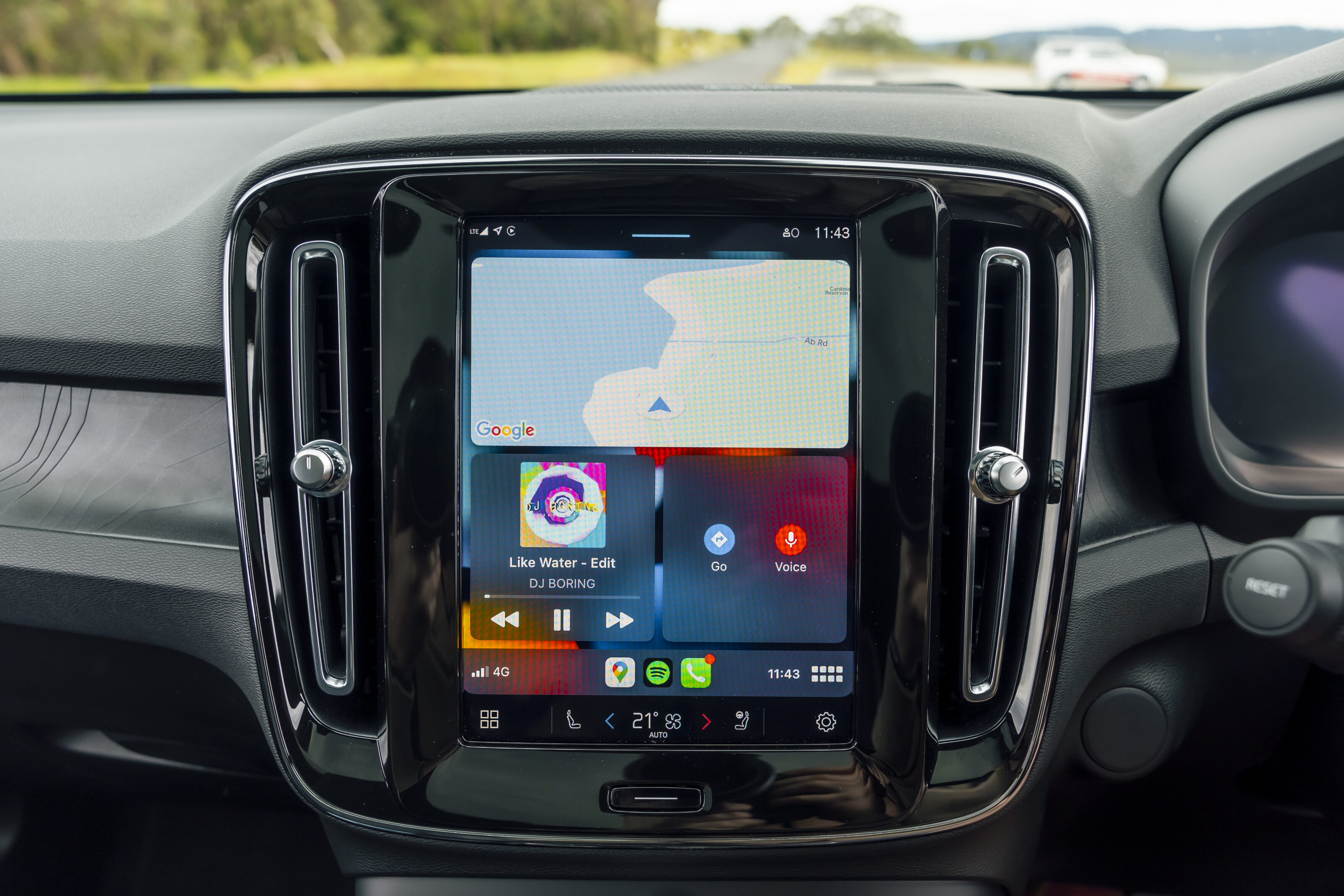
Volvo’s recent appearance at CES signalled a deepening relationship with search giant Google. Annwall explained that being selective with partners as part of the shift to electrification was all part of delivering a better customer experience and isn’t worried Google might push Volvo out of the way in the customer relationship and intellectual property.
“I don’t think Volvo can do a better map than Google. I don’t think Volvo can do better voice recognition system than Google. And I don’t care a single bit that when you sit in a Volvo that you say ‘Hey Google’ rather than ‘Hey BMW’ or whatever. I think consumers are used to saying ‘Hey Google’ and that’s the best voice recognition.
He added with a smile: “As a benefit, the one out of a hundred times it doesn’t understand it, the customer gets annoyed at Google rather than Volvo.”

“Google already won the game of owning the data ecosystem of our consumers. The epicentre of our consumer’s digital existence is the phone and not the car. The car will never be the epicentre of the data ecosystem. So what you need to do is decide what is the relevant place for the car in the data ecosystem. There’s always a risk in collaborating but I think it would be a bigger risk doing this ourselves.”
A more digital business means a great risk of a cyber attack on either customer data or the cars themselves and Annwall accepts that cybersecurity is hugely important.
“Cybersecurity is something we invest a lot into. With over-the-air updates you introduce potential new entrances for people who want to do the wrong things. Of course, that’s why we need to be very cautious about how we secure those entrances. It’s good to be in a company like Volvo where the safety question’s always at the very centre in any development.”
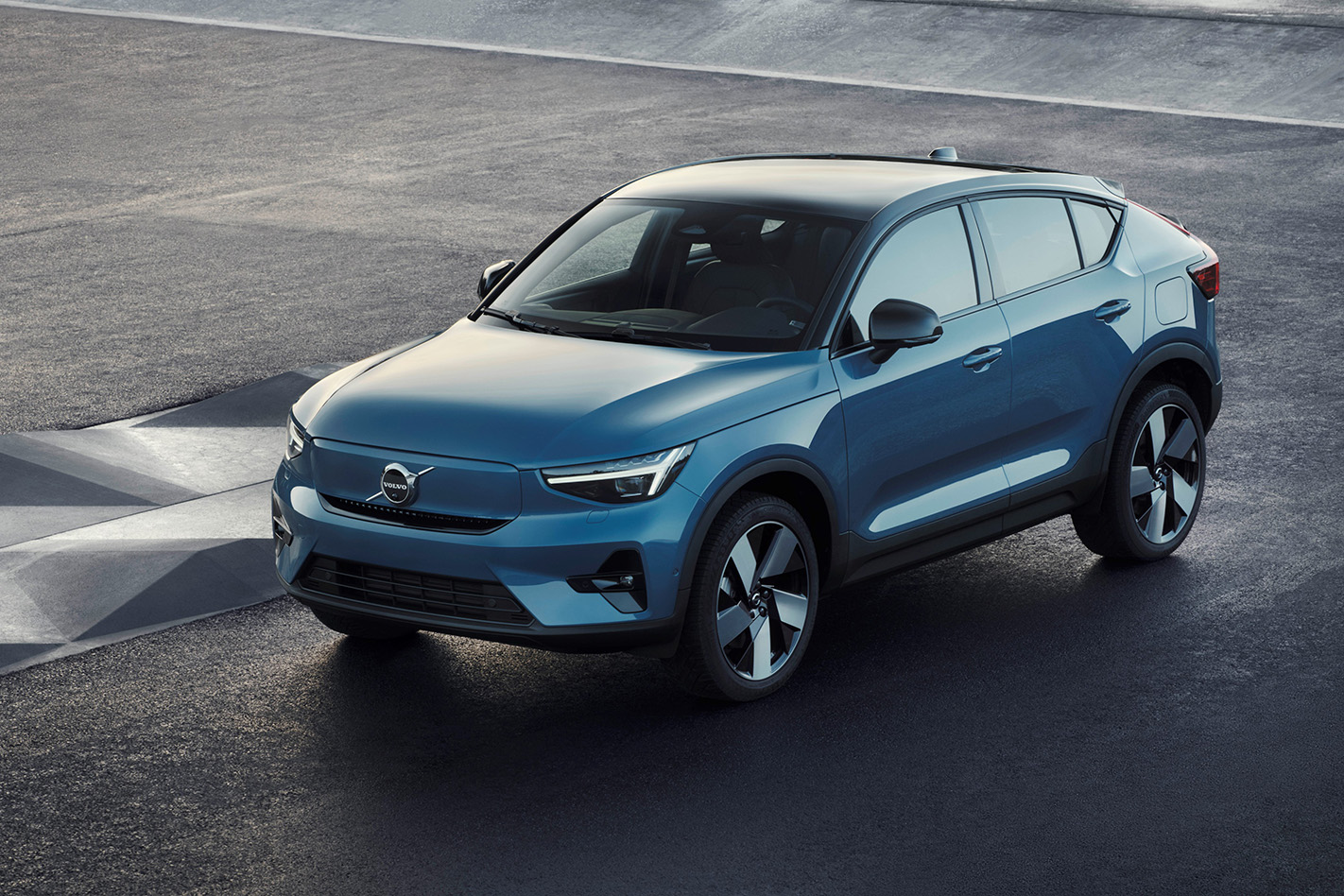
Annwall’s task to take Volvo into the future is a big one. Volvo is going first with an all EV strategy, mirroring the kind of start-up thinking that has served Tesla and Rivian.
Casting off the costs and marketing confusion of running two separate product lines will be tested in Australia first with a transition to all EVs in 2026.
Watching a century-old company pivot in such a short space of time will be very interesting.
We recommend
-
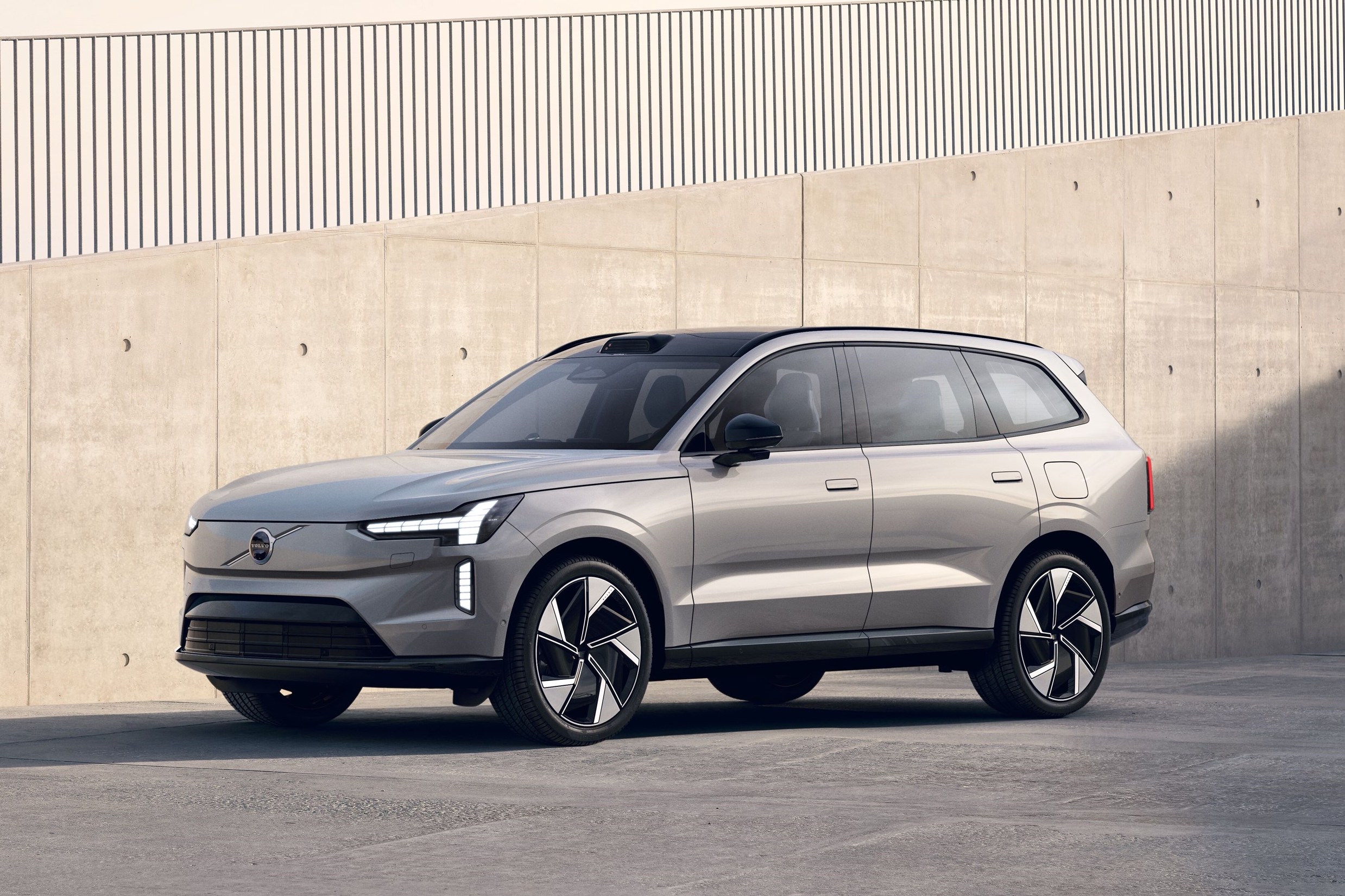 News
News2024 Volvo EX90 electric SUV revealed
Volvo has revealed the EX90, an all-electric alternative to the flagship XC90 offering self-driving capability and powerful dual-motor all-wheel drive
-
 News
NewsVolvo EX90’s aero credentials revealed ahead of next week's release
It’s now just seven days until Volvo unveils its new all-electric large SUV, and there’s another teaser to talk about
-
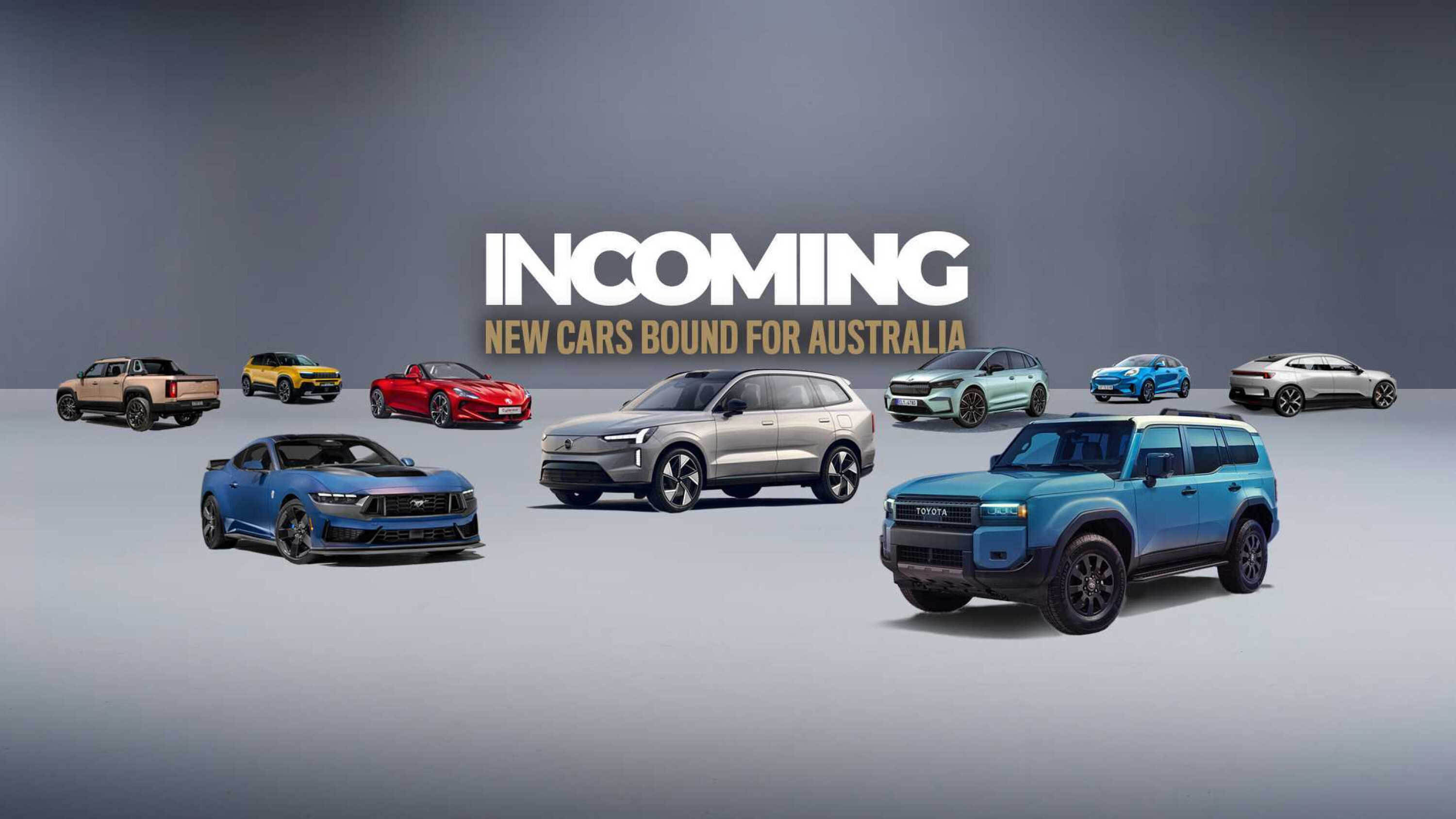 News
News2025 New Car Calendar: All the new cars coming to Australia
Take a look at our list of what is expected to launch in Australia in 2025 – plus those we might not see locally just yet


